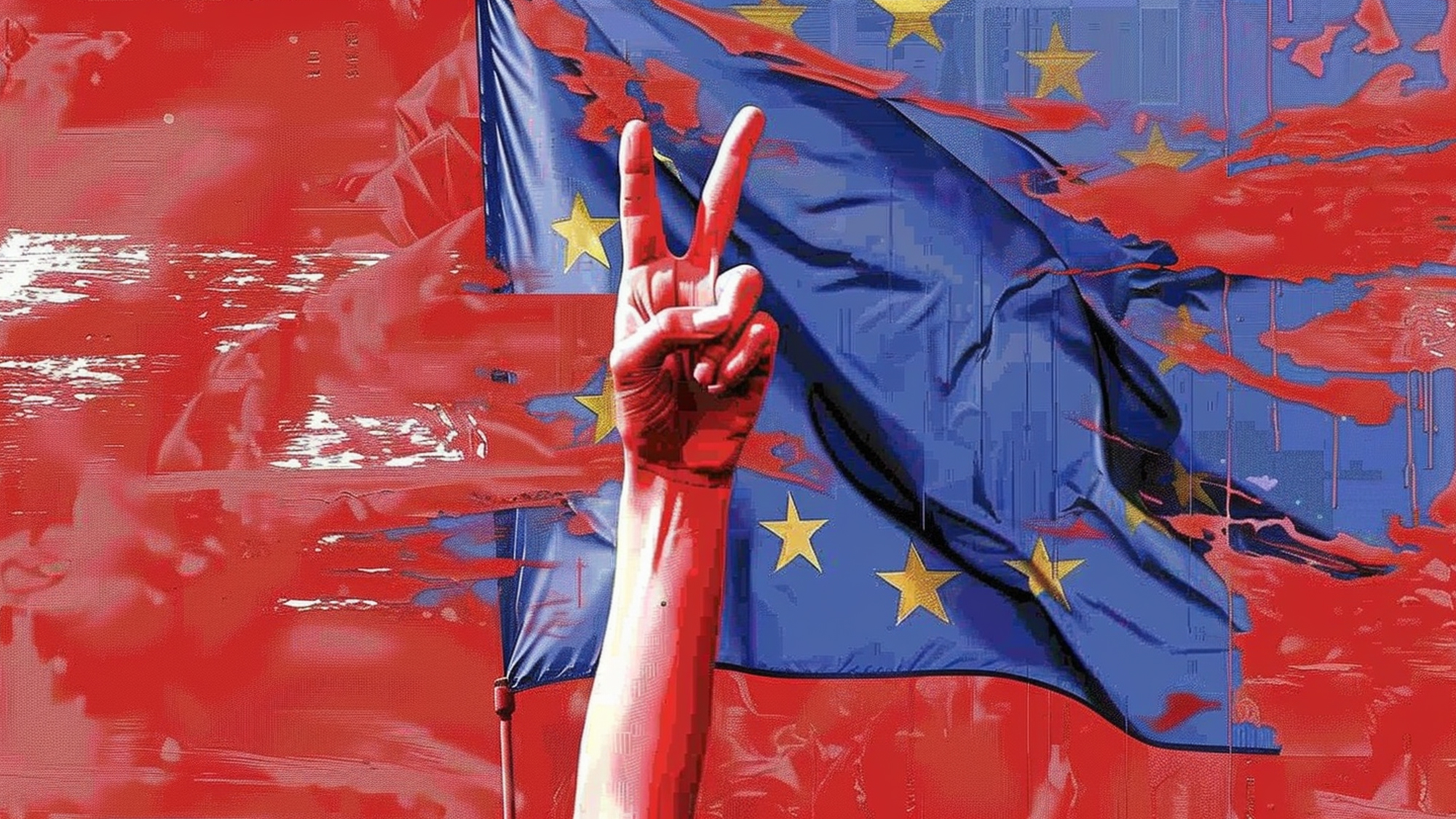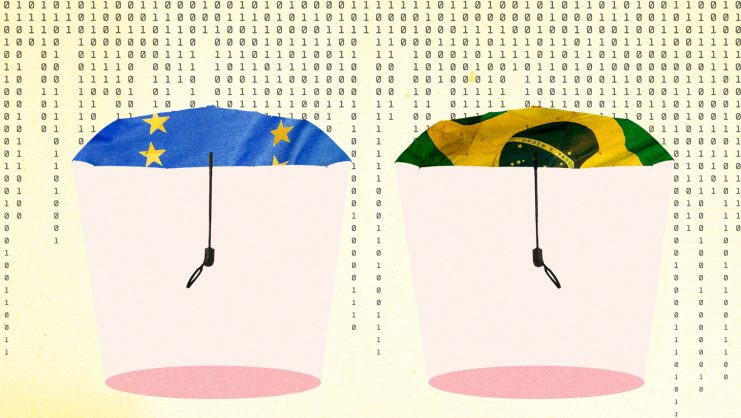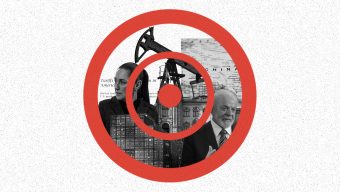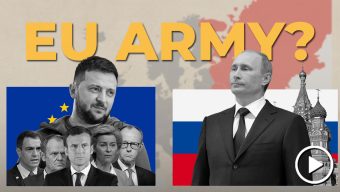Over the years, the number of European citizens who have chosen to vote for their representatives in the European Parliament has been on the decline. In the last elections, participation was barely 50%. In 1979, when the first elections to the European Parliament were held in a Europe of nine Member States, the turnout was 61.99%. In the 2014 elections, ten years after the great enlargement, with 28 Member States, voting slumped to a record low of 42.61%.
There seems to be a paradox, with participation being inversely proportional to the increasing power (and influence) that the European Parliament wields in European decision-making. In other words, the more influence the European Parliament has gained, treaty after treaty, the fewer European citizens decide to cast their vote.
Statistics from the last two elections show that there are considerable differences between countries. Turnout is obviously high in countries where voting is compulsory and non-voting entails specific sanctions (e.g. Belgium, Greece, and Luxembourg). Yet, dishearteningly, participation in other countries is extremely low, as occurred in Slovakia in 2014 (13.05%) and in 2019 (24.74%), and ironically in Croatia where, in the year it joined the Union in 2013, turnout was only 20.84%, rising slightly to 29.85% in 2019.
This year’s Spring Eurobarometer (April 2024), however, has revealed a keen interest in these elections among European citizens, which could potentially result in greater engagement. When asked, “If the next European elections were to be held next week, how likely would you be to vote in these elections?”, 71% responded that they would be very likely to vote while 14% said they were not at all likely to vote. These aggregate scores are much higher than five years ago. When polled three months before the 2019 elections, 61% of respondents said they were likely to vote (the actual turnout was 50.66%).
The April 2024 report explains that “The intention to vote in the upcoming European elections has become stronger in 21 of the Member States, with variations spanning steep increases in some countries and marginal increases in others. The stated likelihood of casting a vote has increased greatly in the Czech Republic (58%, +28 pp since February/March 2019), Romania (74%, +18 pp) as well as Austria (70% +18 pp), Finland (79%, +18 pp) and Poland (70%, +18 pp).” The only countries where the likelihood of voting is lower than in 2019 are Bulgaria and Estonia. In Spain, 70% of respondents say they are likely to vote, compared to 56% five years ago.
Peace remains one of the fundamentals of the European integration process.
Another interesting finding from this report refers to the “return” of peace as an asset that is especially valued by European citizens. It is well known that one of the objectives of the Schuman Declaration on May 9, 1950, presented by Robert Schuman, the French Foreign Minister, was to ensure lasting peace on European soil after the two world wars. This desire for peace explains to a large extent the process of European integration. In 1963, the European Court of Justice explained that “the Community constitutes a new legal order of international law for the benefit of which the states have limited their sovereign rights, albeit within limited fields, and the subjects of which comprise not only member states but also their nationals.” Julio Baquero Cruz explained very well this process in light of the search for peace in a magnificent article, published in 2018, entitled “Law after Auschwitz.”
The European Union was awarded the Nobel Peace Prize in 2012, and many of us took this lasting peace on the continent for granted (despite the Balkan war in the 1990s). Peace remains one of the fundamentals of the European integration process, as stated in the first paragraph of Article 3 of the Treaty on European Union which stipulates that “The Union’s aim is to promote peace, its values and the well-being of its peoples.”
Today, 31% of the respondents of the Barometer report want the EU’s defense and security to be discussed as a matter of priority during the electoral campaign. This only comes behind the fight against poverty and social exclusion (33%), public health (32%), and support to the economy and the creation of new jobs (32%). Again, there are differences between Member States, but it is striking that in nine States (Finland, Denmark, Netherlands, Germany, Latvia, Lithuania, Poland, the Czech Republic, and Estonia – although in the latter the economy and the creation of new jobs were given equal importance), defense and security are considered as an issue that should be prioritized during the campaign. In 2019, the priorities in these countries centered on combating climate change (Finland, Denmark, Netherlands, Germany) and the economy and growth (Latvia, Lithuania, Poland, the Czech Republic, and Estonia).
This concern over peace is also reflected in what citizens expect from the European Parliament that will result from the June elections. The report presents peace as a value (although whether peace is a value or simply an objective of the European integration process is debatable), and as such, 47% of the respondents state that it should be expressly defended by the next European Parliament. It is the most frequently mentioned answer in 26 Member States, especially in Lithuania (64%), Latvia (62%), Estonia (60%) and Finland (60%). In addition to peace, the values that the European Parliament should support the most are some of those listed in Article 2 of the Treaty on the European Union: democracy (33%); the protection of human rights in the EU and worldwide (24%); freedom of speech and thought (21%), and the rule of law (20%). Conversely, the values least mentioned are the fight against discrimination and for the protection of minorities (13%), solidarity between the EU and poor countries in the world (13%), freedom of movement (12%), freedom of religion and belief (6%) and the right to seek asylum from persecution (6%).
Today’s longed-for peace is, however, different from that of the Schuman Declaration. In 1950, it was a matter of pacifying the European continent, preventing fresh conflict between France and Germany, and ultimately creating a “European federation” (a term explicitly mentioned in the Declaration). Today, peace and its corollary, defense, and security, refer to external conflicts that could affect the European Union. In the 1950s, the initiative to create a European Defence Community (EDC) failed. Today, we are perhaps moving closer to it, again at the request of European citizens.
Expectations are high for the European Parliament to play a key role in safeguarding peace. Obviously, the Eurobarometer report does not define what it means by “peace”, nor does it say what price citizens are willing to pay to uphold it, nor what the European Parliament could specifically do in this regard. However, we should be reminded that the European Parliament has a very limited role in terms of security and defense, as this is still an area where decision-making powers remain almost completely in the hands of the Member States, through their interventions in the European Council and the Council of the European Union. Perhaps the results of this report should be interpreted as a call for greater integration in this sense.
In any case, the findings tend to show, perhaps for the first time, that unlike past elections where the domestic context was the key to understanding voters’ turnout, this time the international and European context will have a major impact on participation and, therefore, on the make-up of the next European Parliament.
© IE Insights.











